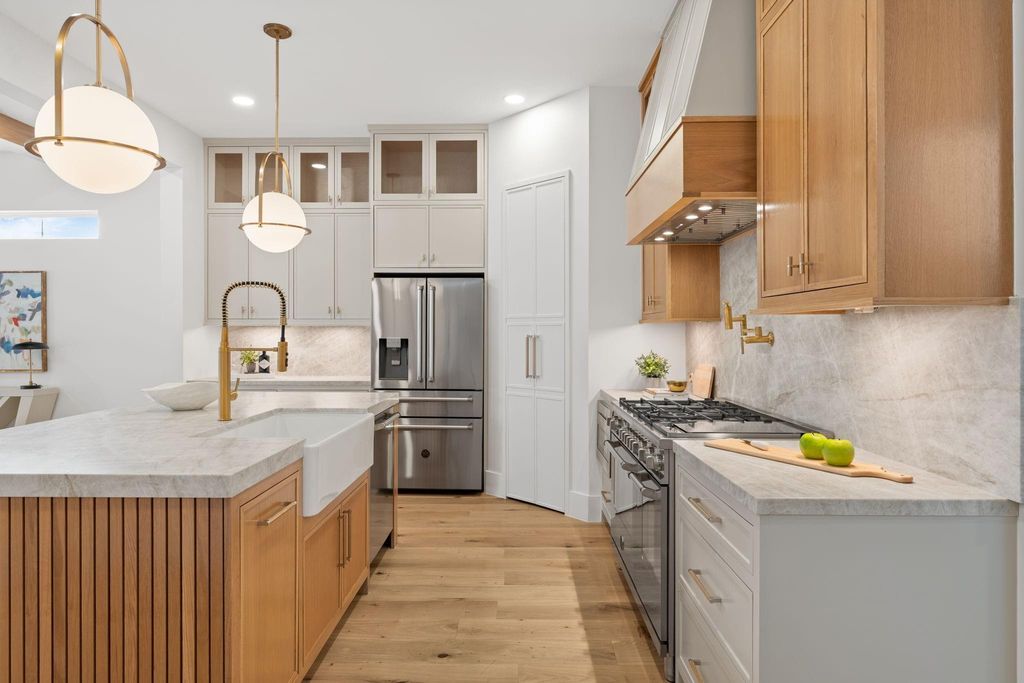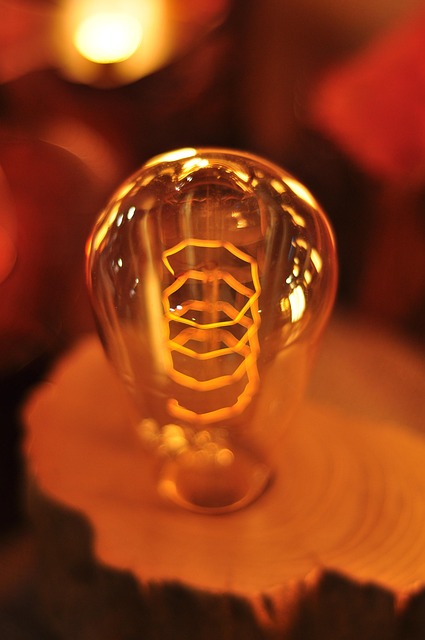
Upgrading to LED lighting throughout your home offers one of the best returns on investment among DIY home improvement projects. These energy-efficient alternatives to traditional incandescent bulbs provide substantial utility savings while enhancing both aesthetics and functionality.
LED Lighting energy efficiency
LEDs consume up to 90% less energy than traditional incandescent bulbs, delivering the same brightness at a fraction of the power usage. Whereas incandescent bulbs convert about 90% of energy into heat and only 10% into light, LEDs operate with remarkable efficiency.
Most households save approximately $225 annually by switching to LED lighting. Moreover, since lighting accounts for roughly 15% of an average home’s electricity use, this upgrade makes a meaningful difference in monthly utility costs.
LED Lighting placement ideas
Strategic LED placement maximizes both functionality and aesthetic appeal:
- Under cabinet lighting – Illuminates countertops for food preparation while creating ambiance.
- Staircase lighting enhances safety and adds a modern appeal, especially when installed alongside walls or under steps.
- Accent lighting – Highlights artwork, collections, or architectural features through strip lights.
- Vanity lighting – Improves makeup application and skincare routines with even, flattering light.
For Texas homes with high ceilings, LEDs offer an additional benefit—once installed, these long-lasting fixtures won’t require ladder access for replacement for years.
LED Lighting cost and savings
Despite higher upfront costs than incandescent bulbs, LEDs provide exceptional long-term value. A typical 60W incandescent bulb costs approximately $2.70 but requires replacement after about 1,000 hours of use. Consequently, an LED alternative priced around $6.25 lasts up to 25,000 hours. [1]
Over a 10-year period, the total cost (including electricity and replacements) for an incandescent bulb reaches approximately $93, whereas an equivalent LED costs just $19.45. [1]
Beyond utility savings, LED lighting is reported to increase home value by 1-3%, according to Consumer Reports. Additionally, LEDs save approximately $750 per replaced fixture while reducing cooling costs due to minimal heat emission.
For maximum energy savings, look for ENERGY STAR-certified products and consider installing dimmer switches for added control. [1]

[1] Source: https://www.huttonpowerandlight.com/blog/led-vs-incandescent-lighting-a-cost-comparison/
